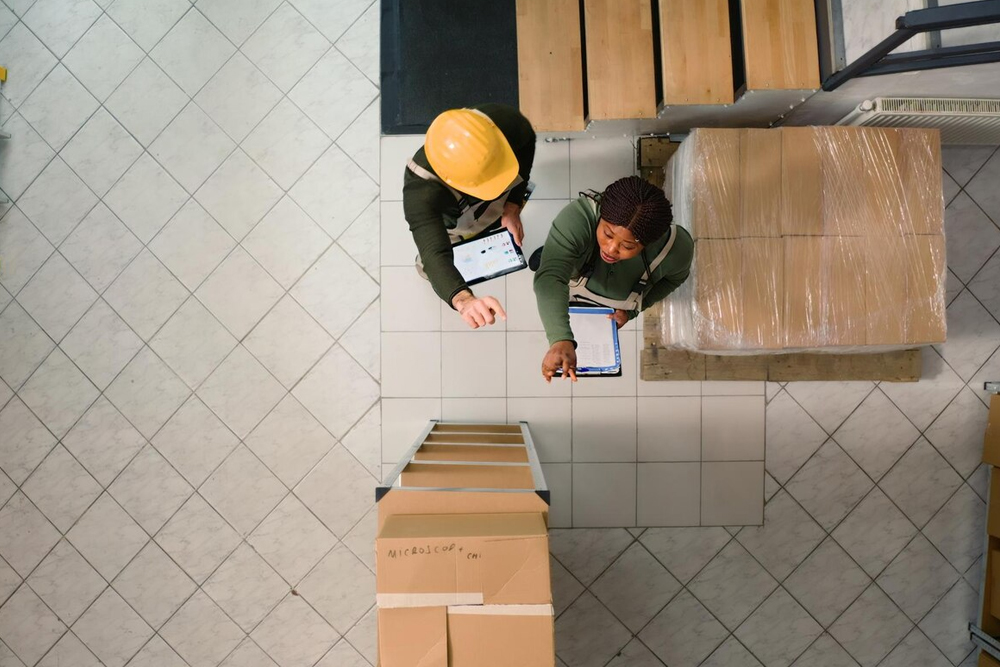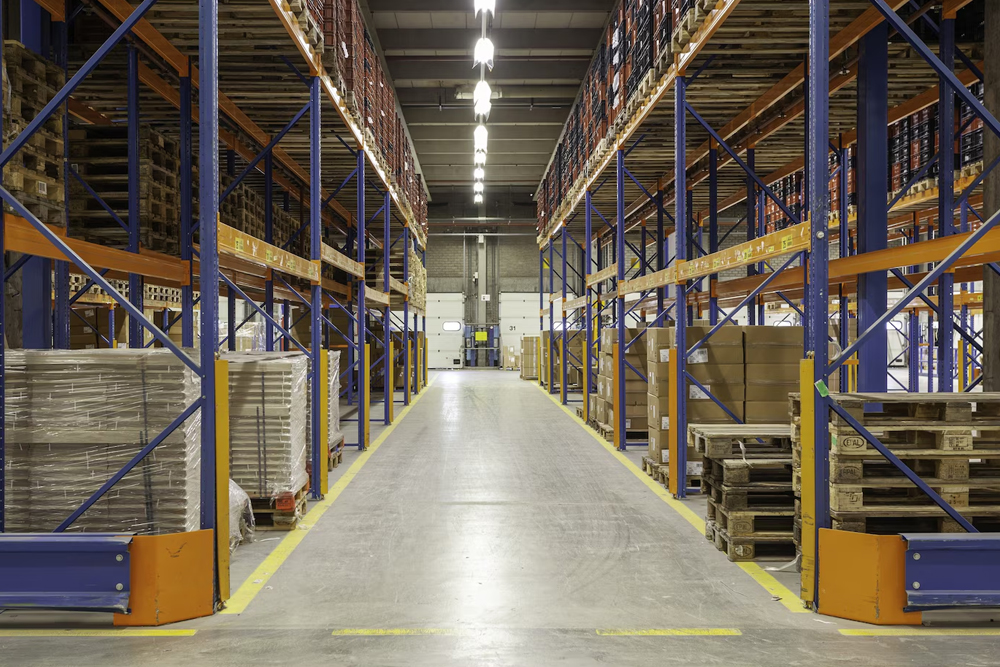In the vibrant economic landscape of the United Arab Emirates (UAE), businesses look for strategic opportunities to rent secure warehouse spaces for their operations. With various industrial zones and logistical advantages, the UAE is an attractive destination for companies needing storage, distribution or manufacturing facilities.
Launched by the UAE Ministry of Industry and Advanced Technology, Operation 300bn aims to develop the UAE’s industrial sector and boost its role in driving the national economy. It seeks to increase the industrial sector’s contribution to the GDP from AED 133 billion to AED 300 billion by 2031.
Do you need to rent a warehouse guide? If so, this blog is for you. Keep reading!
- Legal Obligations for Renting a Warehouse in Dubai
- Types of Lease Agreements
- Key Factors to Consider When Renting a Warehouse in Dubai
- In Conclusion
- FAQs

Legal Obligations for Renting a Warehouse in Dubai
When renting a warehouse in Dubai, it’s crucial to understand and meet all legal requirements to avoid any issues. Here’s a simple guide to what you need regarding the warehouse renting procedure:
- You must have a valid trade licence to rent any commercial unit in Dubai.
- Make sure you have all the necessary documents ready. These include:
- Proof of business ownership
- Status of the premises
- Compliance of the premises with existing plans
- Necessary permits to use the premises
Following these steps will help ensure a smooth and lawful rental process.

Types of Lease Agreements
When renting commercial properties in Dubai, there are warehouse renting laws and four main types of lease agreements:
Gross Lease
- The tenant pays a fixed monthly rent.
- The landlord covers expenses like taxes, insurance, and maintenance.
Land Lease
- The tenant rents a piece of land to build and conduct business.
- At the end of the lease, the land and any buildings revert to the landlord.
Triple-Net Lease
- The tenant pays rent plus other expenses such as taxes, insurance, and maintenance.
- This is preferred by landlords.
Modified Net Lease
- Tenants and landlords share expenses.
- This is a balanced option for both parties.
Warehousing Renting Steps
- All rental agreements must be registered with Ejari to monitor contracts.
- Once registered, you can get water and electricity connections from DEWA.
- Obtain insurance to protect against damages and ensure business continuity.
Key Factors to Consider When Renting a Warehouse in Dubai

Define Your Needs
Start by identifying your specific requirements. Consider factors like storage space, location, accessibility and budget. With real estate options in Dubai, you have a wide range of warehouses available, from small storage units to massive distribution centres. Understanding your storage needs is crucial to making the right choice.
Research Locations
Dubai boasts multiple industrial zones. Researching these areas, such as Al Qusais Industrial Area and Dubai CommerCity, can help you find a location that aligns with your business goals. These zones provide easy access to transportation routes and customers, making them ideal for your operations.
Budget Considerations
Set a clear budget for your warehouse rental. Costs in Dubai can vary significantly based on size and location. Don’t forget to factor in property management expenses such as maintenance, utilities, and taxes. Proper budgeting ensures you choose a warehouse that fits your financial plan.
Legal and Regulatory Compliance
Understanding the legal requirements for Dubai real estate is essential. Ensure your chosen warehouse complies with zoning regulations, permits, and licensing. Engage a local legal expert to help navigate the complexities of business law in the UAE, ensuring smooth operations.
Property Inspection
Personally or virtually inspect potential warehouses. Check the premises for structural integrity, safety features, and suitability for your business operations. Look for facilities like loading docks, shelving, and office spaces to ensure they meet your needs.
Negotiate Lease Terms
Once you find a suitable warehouse, negotiate the lease terms. Pay attention to the rental duration, payment schedules, and clauses related to maintenance and repairs. Working with a real estate agent can be beneficial during this process, ensuring you secure favourable terms.
Understand Taxes and Duties
Be aware of the tax implications of renting a warehouse in Dubai. The UAE has a VAT system, and customs duties may apply if you’re involved in international trade. Consulting with a tax expert will help you understand and comply with these requirements.
Security and Insurance
Evaluate the security measures at the warehouse. Determine if additional security is needed and inquire about insurance coverage for your stored goods. Having insurance protects you against unforeseen events, ensuring your assets are safe.
Logistics and Transportation
Assess the proximity of the warehouse to key transportation hubs, ports and major highways. Efficient logistics can save you time and money in the long run. Consider locations within Dubai’s economic zones, which offer strategic advantages for transportation and logistics.
Staffing Requirements
planning. Consider areas like BoxPark, which not only provide a vibrant atmosphere but are also accessible to a wide range of amenities that could appeal to potential employees.
In Conclusion
Renting a warehouse in Dubai involves a mix of strategic planning and in-depth market knowledge. From pinpointing your exact needs to mastering the intricacies of lease agreements and local regulations, every step is crucial.
Engaging with seasoned real estate professionals and keeping abreast of market trends can significantly bolster your decision-making process. Approach this endeavor with diligence and foresight, and you’ll transform the challenge of renting a warehouse into a powerful asset that will help your business succeed in the future. If you also need an office, explore Dubai CommerCity.

FAQs
To rent a warehouse in Dubai, you need a valid trade license, proof of business ownership, and necessary permits. Ensure the premises comply with existing plans and zoning regulations.
Consider storage space, location, accessibility, and budget. Research industrial zones like Al Qusais Industrial Area and Dubai CommerCity. Evaluate proximity to transportation hubs and customers.
There are four main types: Gross Lease, Land Lease, Triple-Net Lease, and Modified Net Lease. Each has different terms for rent and expense responsibilities. Ensure that you register the lease with Ejari and set up utilities with DEWA.